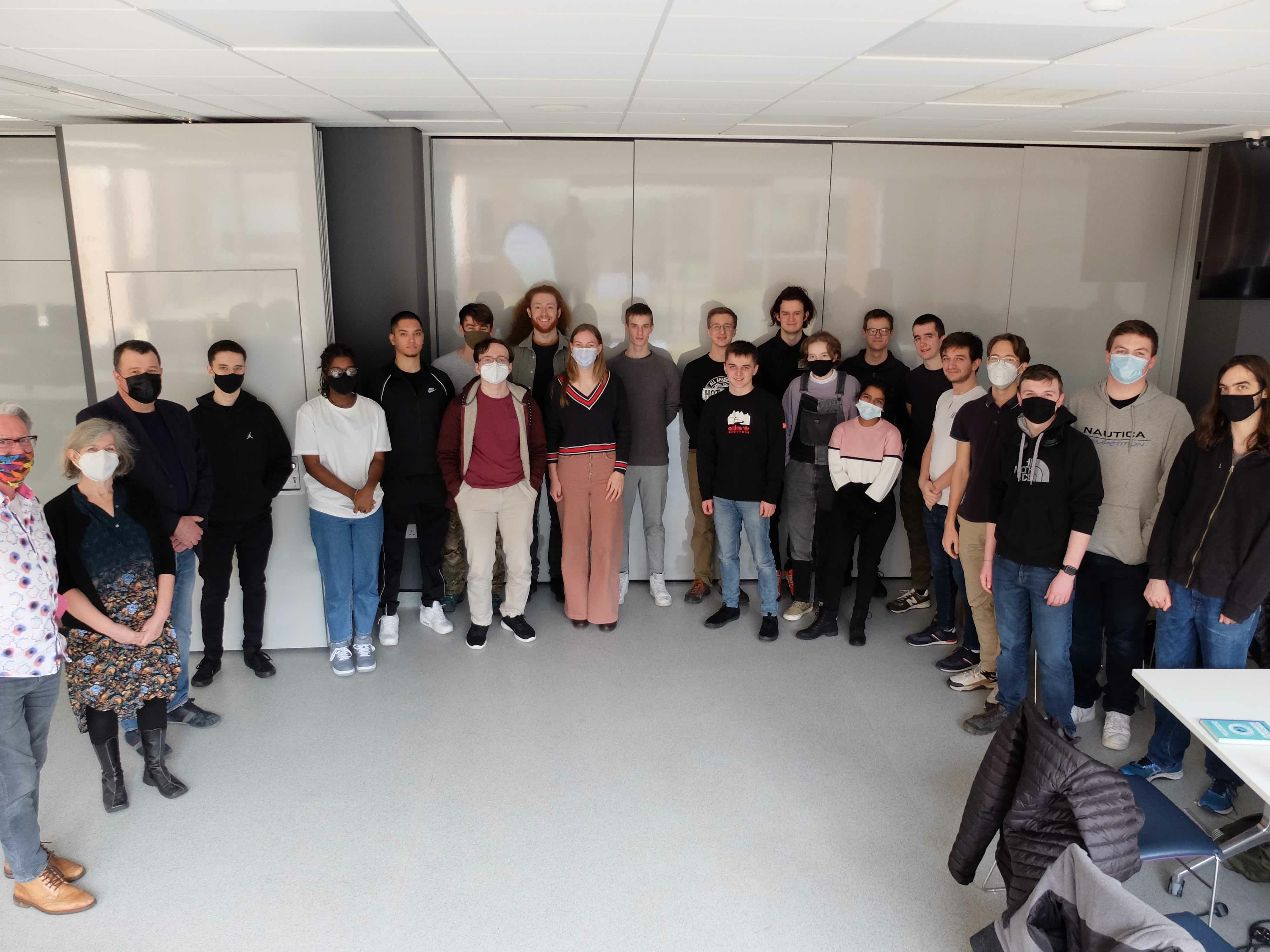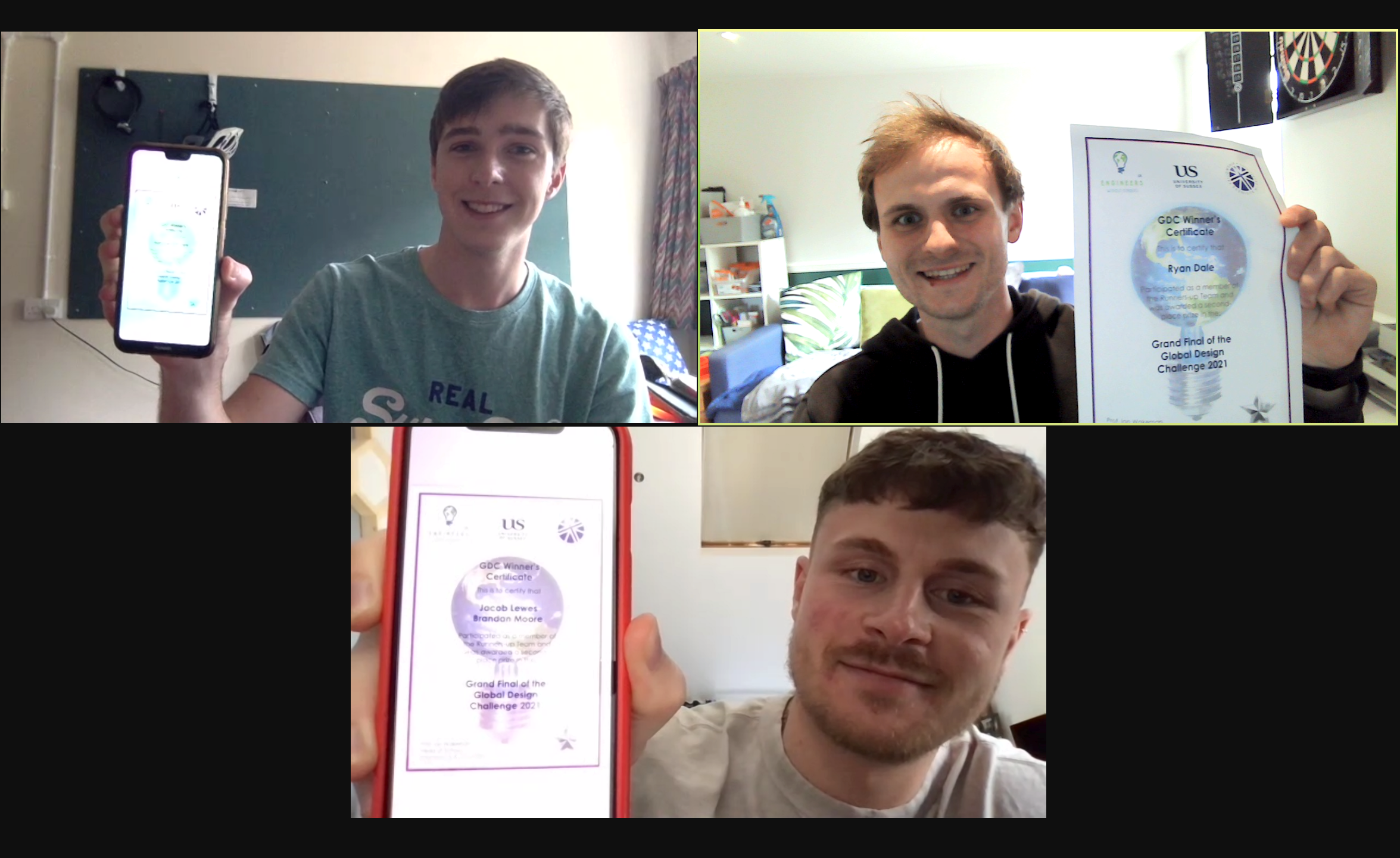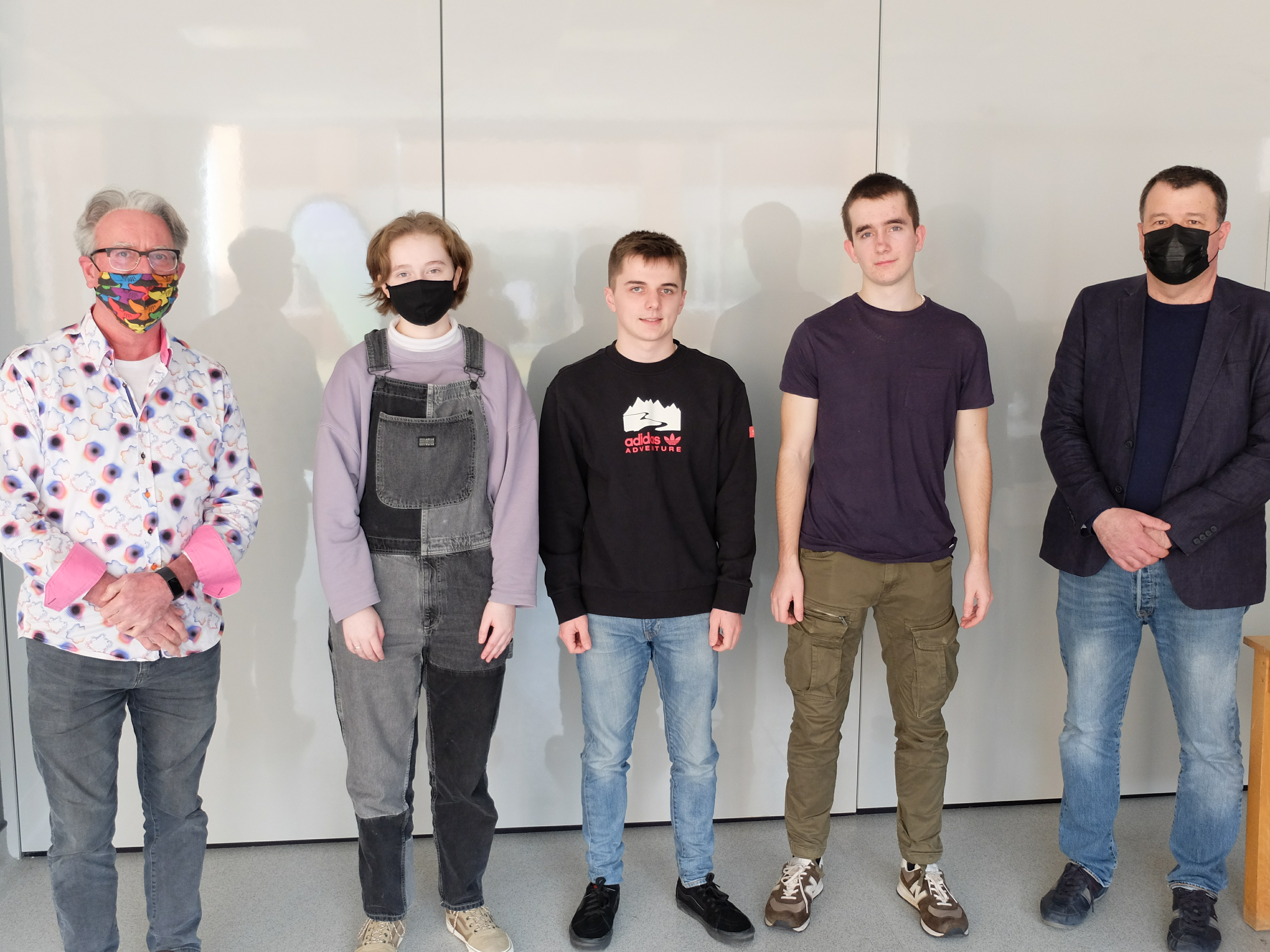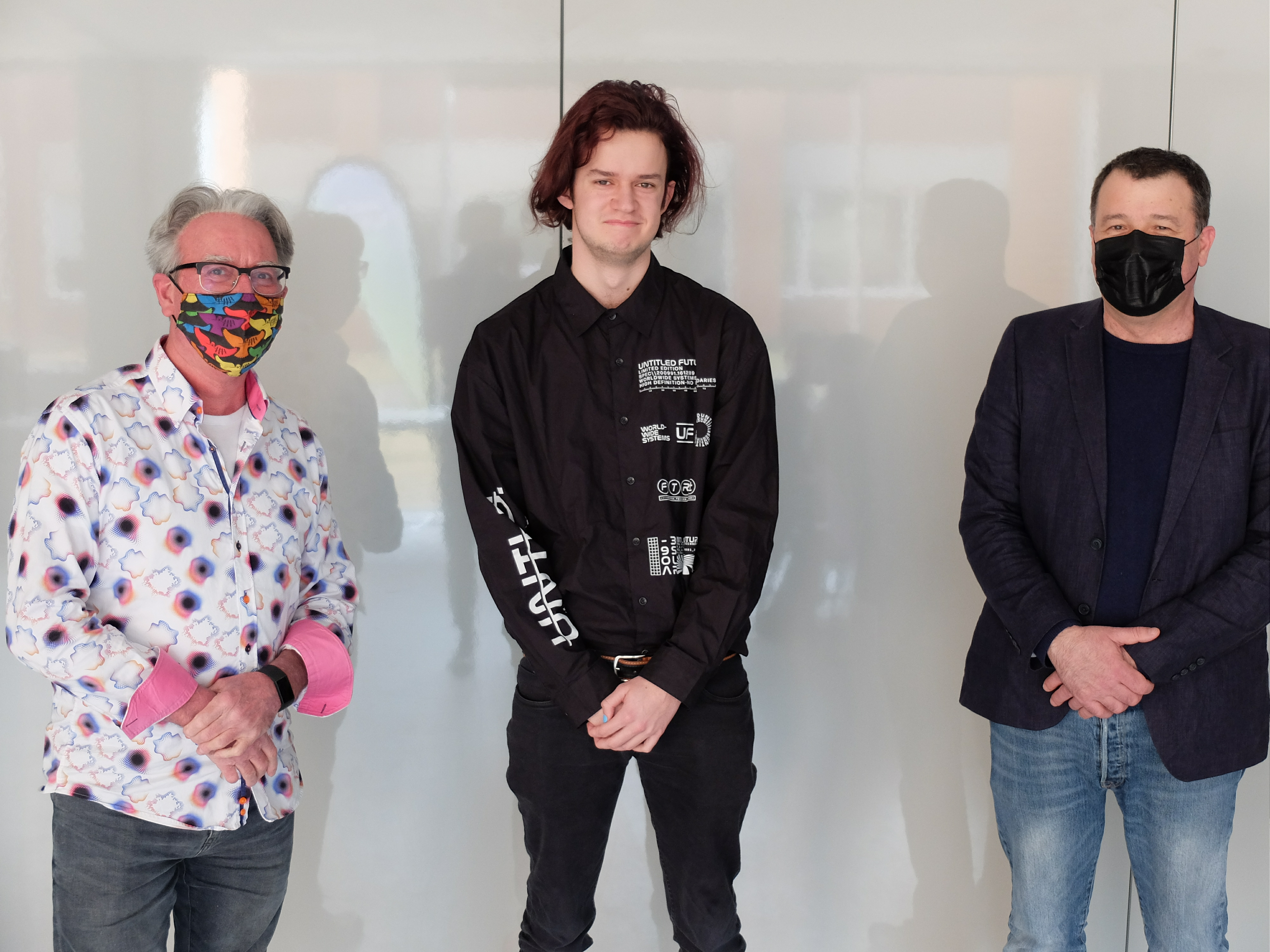Global Design Challenge – 2022
Back to Competitions | The Global Design Challenge (GDC) module is compulsory for all first-year students studying Engineering, Informatics and Product Design at the School of Engineering and Informatics and students studying Computing and Engineering at the International Study Centre. Three hundred and sixty-five students worked in interdisciplinary teams of 5 members to tackle real-world sustainable development problems over one week in January 2022 – the competition was run entirely online this year. Each team developed a creative design solution based on design areas suggested by Engineers Without Borders UK.
This year’s design challenge focused on the Cape York Peninsula, which is a large remote peninsula in Queensland, northern Australia. The four design areas covered in the challenge were Food and Land Management, Transport, Energy and Digital. Students selected one of these design areas and developed a solution that could be implemented in the Cape York Peninsula. Prizes were awarded at the end of the week for Hub Winners (£20). The winning teams then competed at the Global Design Challenge finals, with the winners sharing £2,000 each (the Gillian Pearce Prize), second place sharing £500, and third place sharing £360. The teams were selected by a panel of academics. |


Winner of the Gillian Pearce Prize funded by Engineers in Business
Tom Raine, Informatics (pictured top left), Layton Burchell, Informatics (pictured top right) and Sami Malique, Engeering (pictured bottom) – £2,000 Prize.
The team worked in the Food and Land Management challenge area and developed a design solution to the threat of wildfires in Cape York.

Runner-up
Professor Ian Wakeman, Head of School; Rebecca Rudd, Engineering; Connor Remnant, Engineering; Dylan Joyce, Informatics and Dr Ian Mackie, Head of Informatics. Team member, Shane Godfrey, Informatics, is not pictured – £500 Engineers in Business Prize
The team worked in the Food and Land Management challenge area, and developed a washdown station that can be used to clean vehicles that have been used to travel across-country to help prevent the spread of weed seeds and other invasive non-native species.

Highly Commended
Kasper Hick, Informatics (middle) is pictured with Professor Ian Wakeman, Head of School (left) and Dr Ian Mackie, Head of Informatics. Other team members (not featured) are Michal Kuczynski, Engineering; Chawki Ouarti, International Study Centre (Study Group), Finlay Pearson, Informatics and Levique Stephen, Informatics – £360 Engineers in Business Prize.
The team worked in the Food and Land Management challenge area, to design a solution to the problem of food storage in outstations.
Positive feedback
The Global Design Challenge is one of the most valuable learning experiences for these students in their entire degrees and we are looking to expand it to other degree subjects. In terms of motivating students at Sussex, the contribution of Engineers in Business was crucial.
The School of Engineering and Informatics would like to thank the EIBF for providing a prize fund for this year’s Global Design Challenge. This sponsorship encouraged students to develop skills such as the integration of social, environmental and economic sustainability into the product design process, understand the importance of community consultation and involve users in the evaluation of products and designs.
Both faculty and management at Sussex believe that this module is a paradigm of what students need to learn in 2022 and would like to express their gratitude to Engineers in Business for their support.
Dr Blay Whitby, Module Convenor
University of Sussex
